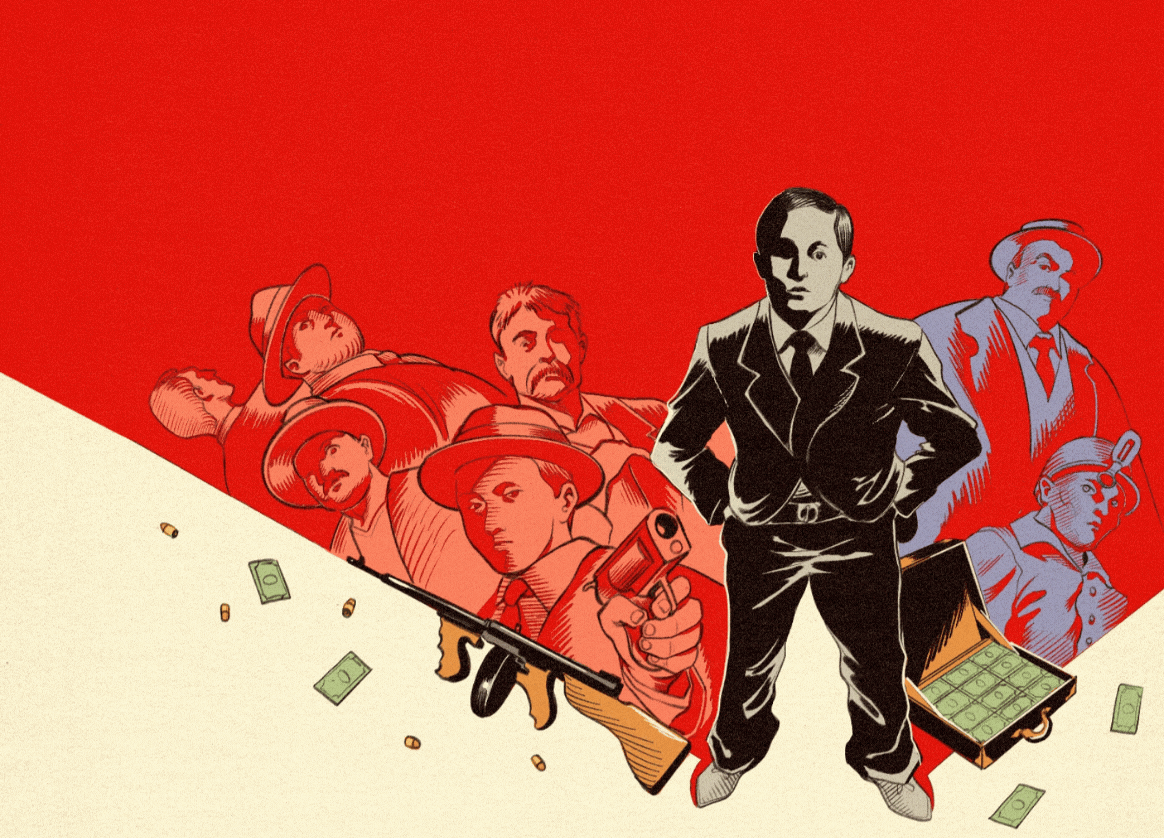Legend of Lucchino, Part II: The Inside Man
In booming Pennsylvania coal country, immigrant Italians were exploited by corporations and terrorized by mafiosi. One brave insider turned against them, risking everything to stand up for workers.
This is Part II of our epic four-part series, “The Legend of Lucchino: The Man Who Took on the Mob.” If you haven’t read Part I yet, click here to dive in.
In September of 1909, a year after his release from prison, a 24-year-old Sam Lucchino declared his intent to become an American citizen.
He was listed as a miner from Montedoro, standing 5 foot 4, and weighing 155 pounds. “Color: white. Complexion: dark.” His name was recorded as “Samuel Lockin.”
One month later, on October 9, Secret Service agent William J. Flynn received an intriguing phone call from Philadelphia in New York City.
“At 11.00 a.m. Operative Griffin telephoned,” Flynn noted, “that Chief of Police of Pittston has an informant named Sam Lockin, an Italian who returned to Pittston, Pa., from New York City last Wednesday.”


